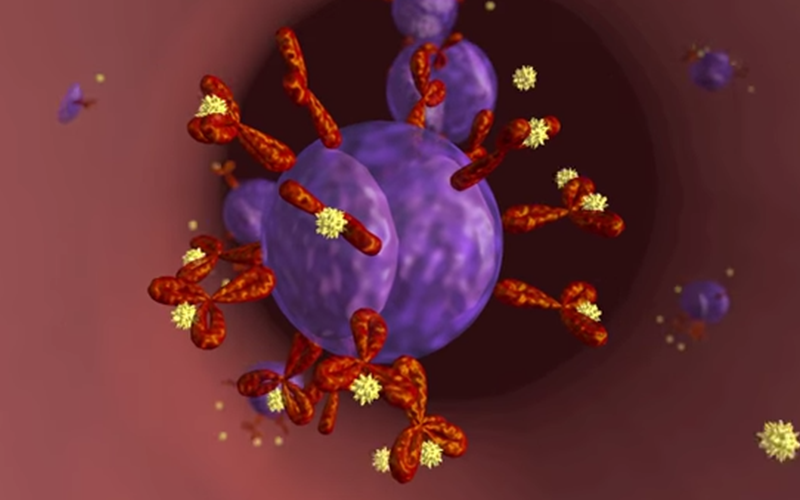Allergies—the immune symptom’s overreaction and damaging response to a common trigger—are one of the most common health conditions in the United States, affecting more than 100 million people according to the Asthma and Allergy Foundation of America.
While most allergic reactions are mild and result in symptoms like nasal congestion or a rash, some reactions are more severe and can even be life-threatening.
In those instances, wearing a medical ID can save your life by alerting first responders or bystanders to your condition even if you are unable to respond.
Some of the most common triggers include medication, metal, and food.
Medication Allergies
Some of the most common types of medication allergies include penicillin and related antibiotics, sulfa drugs and related antibiotics (containing sulfonamides), anticonvulsant medications, chemotherapy drugs, and nonsteroidal anti-inflammatory drugs like aspirin, ibuprofen, and naproxen sodium.
Signs of an allergic reaction include a rash or hives, generalized itching, swelling, shortness of breath or wheezing, dizziness, or anaphylaxis (a life-threatening reaction including shock and loss of consciousness).
Metal Allergies
Metal allergies are one of the most common types of skin allergies. The most common metal allergy, nickel, is commonly found in cheap jewelry, belt buckles, clothing snaps, and coins.
Exposure frequently results in a red rash or other skin irritation. Skin turning green after nickel exposure does not constitute an allergy. Rather, it is a temporary discoloration that results from a reaction between the nickel and the salts on your skin and resolves independently.
The primary concern with metal allergies is when an individual receives a long-term metal implant such as a joint replacement or plates or screws in a surgical procedure. If the individual is allergic to the metal contained within the component, they can experience delayed healing, pain and swelling at the implant site, potential infection, and may even need to have the implant removed.
Food Allergies
Food allergies run the gamut from causing gastrointestinal upset to resulting in life-threatening anaphylaxis.
Some individuals are so hypersensitive that they cannot even be in the same room as their allergen—this is especially common with nut allergies such as peanut hypersensitivity. The most common food allergens include milk, eggs, fish, shellfish, tree nuts, peanuts, wheat, and soy. These ingredients are found in a variety of processed foods—even when you may least expect it.
Individuals with food allergies should educate themselves about how to read food labels to avoid inadvertent exposure to their allergen.
Some food, even if it does not include a specific allergen on the ingredients list, can contain trace amounts due to being processed on the same equipment. Even this minuscule amount can cause a reaction for some especially hypersensitive individuals.
What to Include on your Medical ID
Every medical ID should list out medical conditions, allergies, and medication use that can affect the plan of care. 95% percent of first responders check for a medical ID at an individual’s neck or wrist. Medical IDs can provide vital information about health conditions or allergies if you are incapacitated or cannot communicate with first responders.
Rapid identification and treatment are crucial to improving your long-term outcome. In the case of severe allergic reactions, immediate removal of the allergen and treatment with epinephrine can save your life.
Wearing your medical ID at all times makes this possible. The wide variety of medical IDs available at American Medical ID make it easy to pick the right one for your lifestyle.







